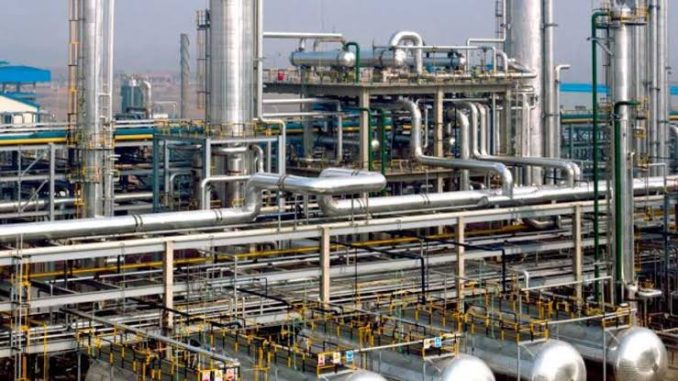
Port Harcourt Refinery Revived: A Beacon of Hope for Nigeria’s Fuel Future
For years, the Port Harcourt Refinery stood silent, a skeletal monument to Nigeria’s past oil ambitions. Now, after years of stagnation and rehabilitation, the refinery has roared back to life, igniting a wave of optimism across the nation.
Gistcore had earlier reported that President Tinubu promised to revive Portacourt refinery by the end of the year and start operation thereafter.
Port Harcourt Refining Company (PHRC) commenced operations on Wednesday, signaling the conclusion of an extensive rehabilitation effort led by the Nigerian National Petroleum Corporation Limited (NNPCL).
The refinery, boasting a combined capacity of 210,000 barrels per day, had been non-operational for months prior to this revival.
Stakeholders in the downstream sector are optimistic that the resumption of refinery operations could lead to a potential reduction in the current fuel price, which stands at over N617 per litre.
The move aligns with the commitment made by the Minister of State for Petroleum (Oil), Senator Heineken Lokpobiri, in August, assuring Nigerians of the refinery’s operational status by December.
Senator Lokpobiri emphasized the objective of curbing fuel imports, a sentiment echoed by the NNPCL, which stated that the importation of petroleum products into the country would cease by December 2024.
Mele Kyari, the Group Chief Executive Officer of the NNPCL, affirmed these plans, noting that the Port Harcourt refinery would be operational by the end of December this year.
“I can confirm to you that by the end of December this year, we will start the Port Harcourt refinery; early in the first quarter of 2024, we will start the Warri refinery, and by the end of 2024, Kaduna refinery will come into operation,’” Kyari stated.
The rehabilitation efforts were kickstarted in March 2021 when the Federal Executive Council approved $1.5 billion for the restoration of the Port Harcourt Refinery.
Notably, reports indicate that a substantial sum of N11.35 trillion ($25 billion) has been spent over the past decade on addressing maintenance issues within the country’s three refineries.
Leave a Reply